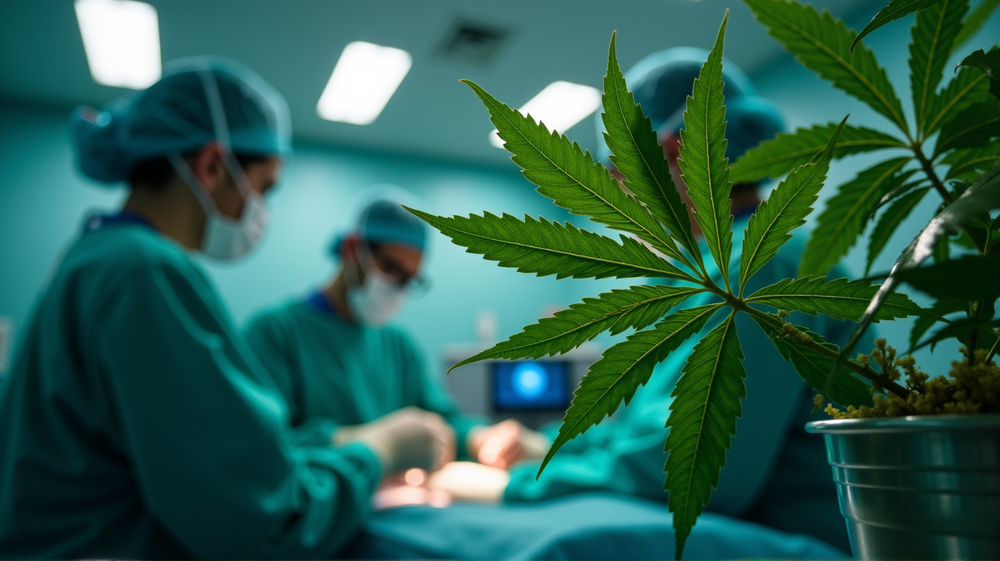Could cannabis be the next revolution in post-operative recovery for head and neck cancer patients? The University of Oklahoma (OU) is embarking on an unprecedented study to explore this possibility. This pioneering research aims to find out whether cannabis use influences healing processes, potentially providing insights that could transform patient care.
The Focus of the Study
The primary question researchers are grappling with is whether cannabis aids or hinders the recovery of patients who have undergone surgery for head and neck cancer. This type of research is not only timely but necessary, considering the increasing legalization and use of cannabis across various states.
Why Focus on Head and Neck Cancer?
Head and neck cancer surgeries are particularly invasive, often leaving patients with significant wounds that require careful management. Recovery from these surgeries can be complicated, with factors like wound healing playing a critical role.
Cannabis: A Potential Healing Agent?
Cannabis is known for its anti-inflammatory and pain-relieving properties, which could play a pivotal role in post-surgical recovery. The team at OU is keen on unleashing the potential therapeutic benefits, analyzing if regular cannabis use alters wound healing timelines or affects infection rates.
The Challenges Ahead
As stated in News-Medical, assessing the potential impact of cannabis on post-operative recovery comes with its set of challenges. The societal stigma surrounding cannabis use might overshadow its possible medical benefits, making it essential for researchers to present clear, evidence-backed findings.
A Multidisciplinary Approach
The study combines expertise from fields such as oncology, pharmacology, and wound care, bringing diverse perspectives together to paint a comprehensive picture. This collaborative effort is vital in understanding the complex interactions between cannabis compounds and the human body.
What’s Next?
This exploration into cannabis as a recovery aid is just the start. Depending on the findings, there may be implications not only for head and neck cancer but for a variety of surgical recoveries. OU’s forward-thinking approach could pave the way for further innovations in patient care.
Stay tuned for updates as researchers dive deeper into understanding the intriguing connection between cannabis use and surgical recovery. Who knows? The results might just redefine recovery protocols worldwide.












